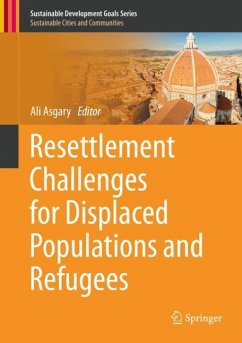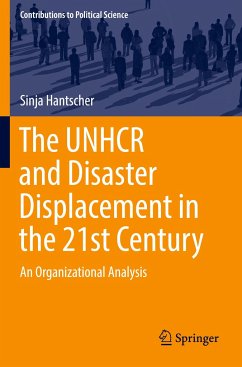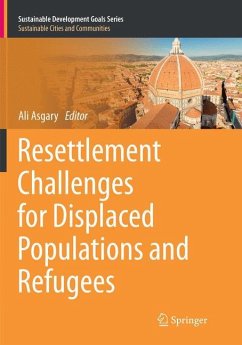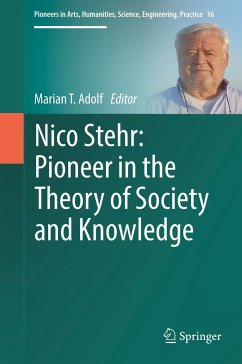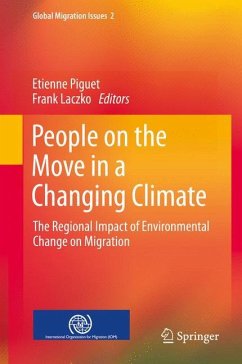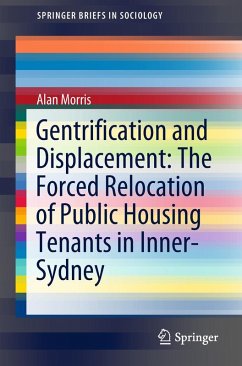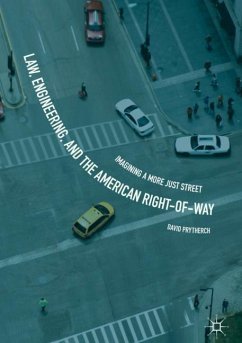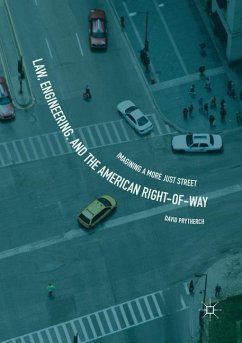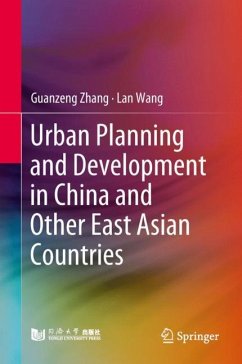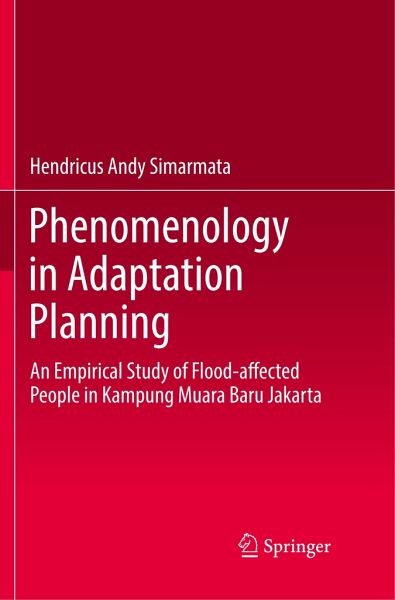
Phenomenology in Adaptation Planning
An Empirical Study of Flood-affected People in Kampung Muara Baru Jakarta
Versandkostenfrei!
Versandfertig in 6-10 Tagen
38,99 €
inkl. MwSt.
Weitere Ausgaben:

PAYBACK Punkte
19 °P sammeln!
This book explores the planning knowledge that can be gleaned from the experiences of the urban poor, a group frequently affected by floods. Further, it examines the relationship between lifeworld analysis and adaptation planning through the sociology of knowledge, which plays a significant part in determining the adaptation pathway of the urban poor. The book brings together empirical data to translate self-reflective planning theory into the practical context, examines community planning, and enriches the discourse on urban adaptation. Lastly, it provides an adaptation-planning model that ca...
This book explores the planning knowledge that can be gleaned from the experiences of the urban poor, a group frequently affected by floods. Further, it examines the relationship between lifeworld analysis and adaptation planning through the sociology of knowledge, which plays a significant part in determining the adaptation pathway of the urban poor. The book brings together empirical data to translate self-reflective planning theory into the practical context, examines community planning, and enriches the discourse on urban adaptation. Lastly, it provides an adaptation-planning model that can benefit academics, practitioners and policymakers who wish to provide more socially accepted plans.





